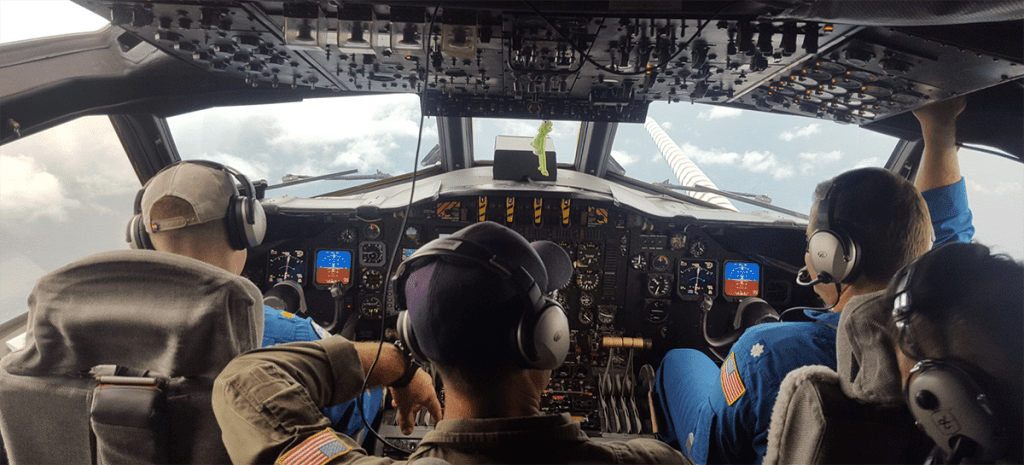SIC About NOAA Scientific Integrity Commons

HOW SCIENTIFIC INTEGRITY IS DEFINED IN NOAA
NOAA adopts the Office of Science and Technology Policy Government-wide Definition of Scientific Integrity:
Scientific integrity is the adherence to professional practices, ethical behavior, and the principles of honesty and objectivity when conducting, managing, using the results of, and communicating about science and scientific activities. Inclusivity, transparency, and protection from inappropriate influence are hallmarks of scientific integrity.
Scientific Integrity is important in NOAA for:
Free flow of information:
- NOAA encourages publication of data & results – requires internal review of publications via Framework Guidance on Fundamental Research Communications.
- NOAA encourages communication of results with the media & public.
- Under no circumstance may any NOAA official ask or direct NOAA scientists or other employees to suppress or alter scientific findings.
- NOAA ensures the free flow of information by maintaining integrity & traceability of data.
Maintaining/promoting excellence in the workforce:
- NOAA encourages pursuing scientific leadership positions.
- NOAA ensures that the selection and retention of scientific employees is based on integrity, knowledge, credentials & experience.
NOAA SCIENTIFIC INTEGRITY COMMITTEE
The NOAA Scientific Integrity Officer (SIO) is the senior career employee designated as an agency’s lead to oversee implementation and iterative improvement of scientific integrity and scientific misconduct policies and processes.
NOAA’s Scientific Integrity Committee (SIC) is responsible for supporting the SIO in responding to allegations of scientific misconduct or loss of scientific integrity, and for promoting a culture of scientific integrity throughout the agency. It is composed of agency Line Office Scientific Integrity Officer(s) and Staff Office Points of Contact.
SIC members are appointed by the Assistant Administrator of each Line Office to serve for a term of three years, which can be renewed.
- Julie Carruthers, NOAA SIO, Office of the Deputy Under Secretary for Operations (DUSO)
- Asha Mathew, Office of General Counsel (OGC), Gary Dreyzin, Office of General Counsel (OGC)
- Pam Heinselman, Oceanic and Atmospheric Research (OAR)
- Eric Leuliette, National Environmental Satellites and Information Service (NESDIS)
- John Ramsdell, National Ocean Service (NOS)
- Ama Ba, National Weather Service (NWS)
- Stephanie Oakes, National Marine Fisheries Service (NMFS)
- Alexis Gutierrez, Office of Marine and Aviation Operations (OMAO)
For questions regarding NOAA’s Scientific Integrity policies and procedures, contact science.integrity@noaa.gov .
About Scientific Integrity in NOAA
Learn why we practice SI and how we do it
Department of Commerce
Read about relevant DOC policies
NOAA Scientific Integrity Policy
Get the basics of the NOAA SI policy
Annual
Reports
Find our annual reports here
